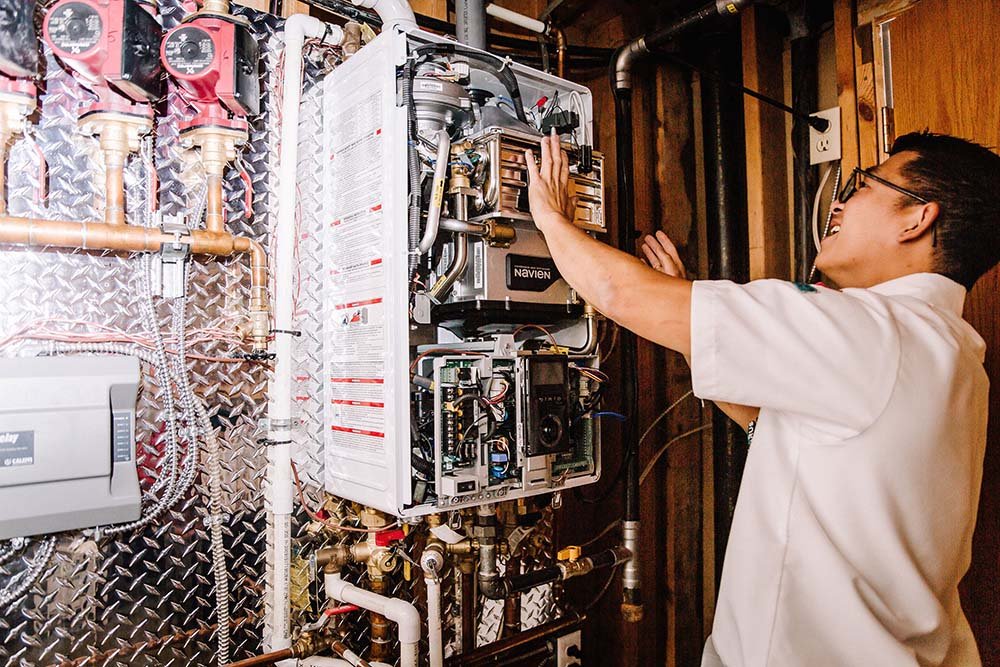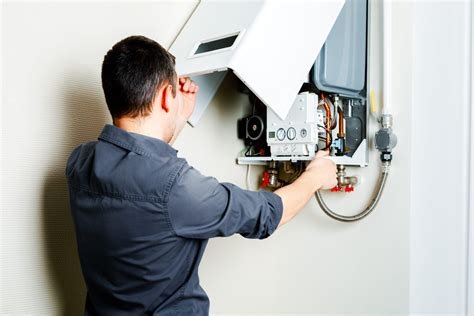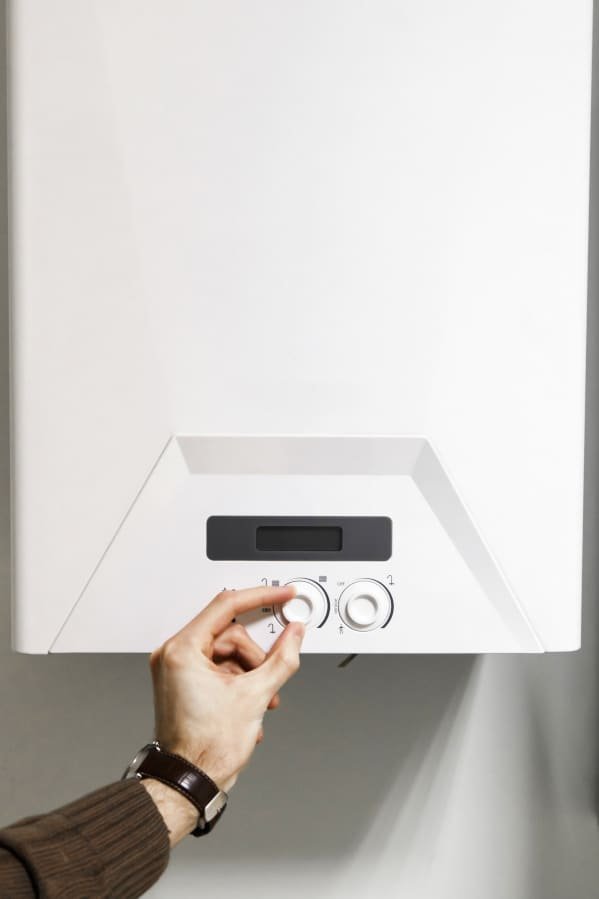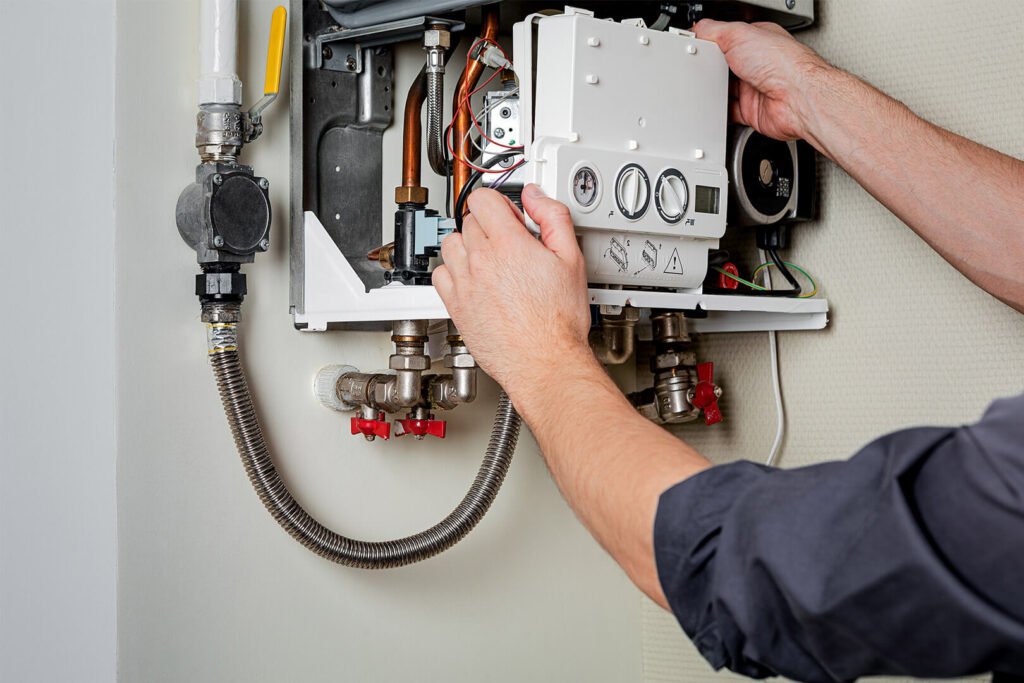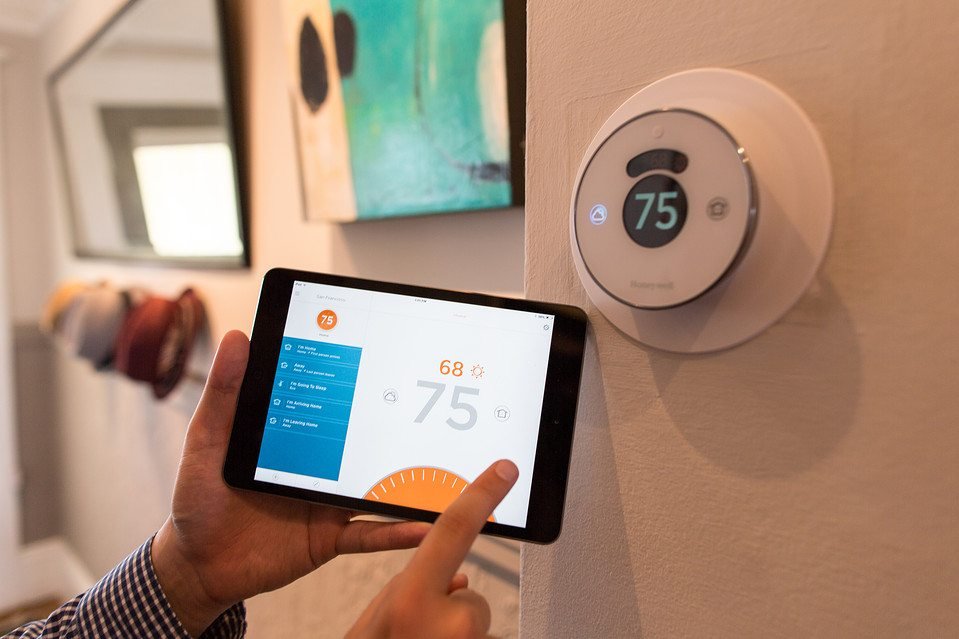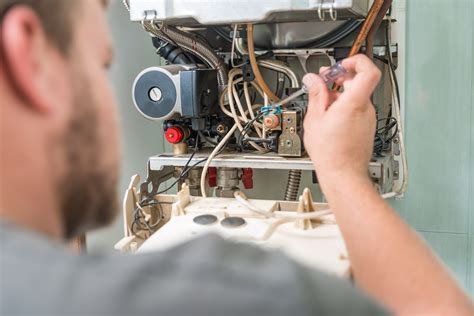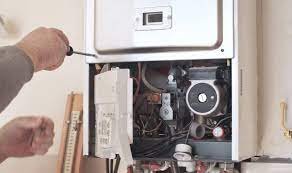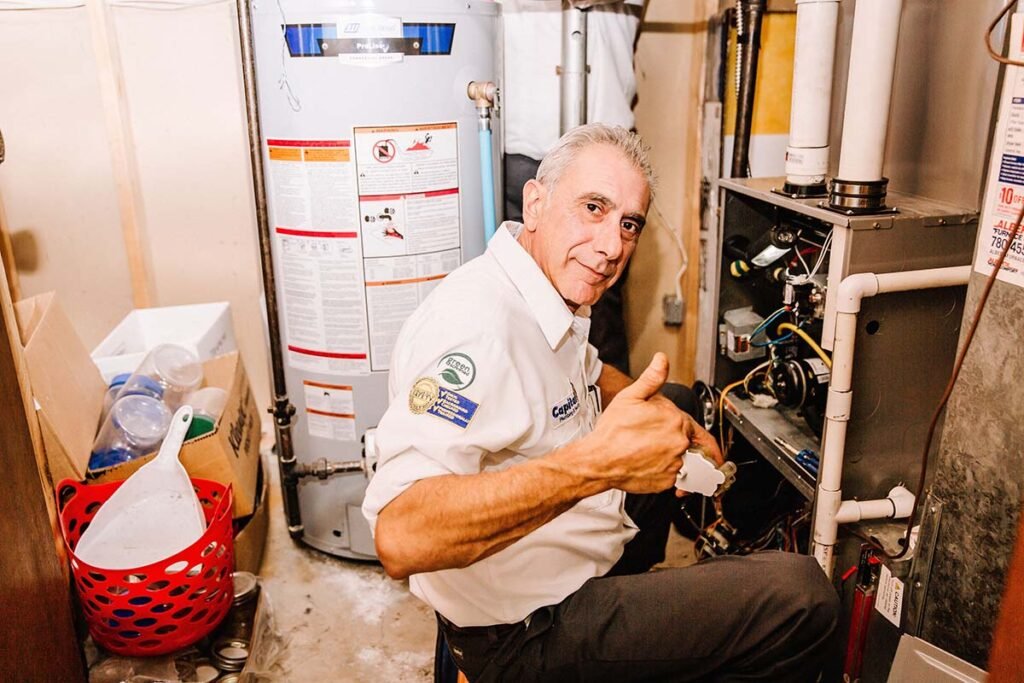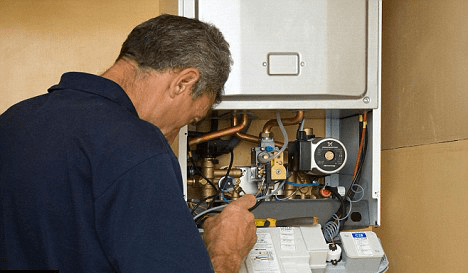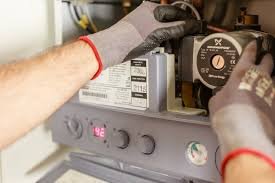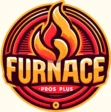Furnace Installation Bon Accord - Your Trusted Heating Specialists
Furnace Pros Plus is your reputable partner for all your heating needs. With years of experience, we specialize in providing superior heating options to keep your home warm and comfortable. Our team of skilled professionals commit themselves to offering specialist furnace installation, upkeep, and repair work services. We understand the importance of an appropriately working heater, specifically during the chillier months. We focus on effectiveness, affordability, and customer fulfillment in every job (huge or little). Whether you need a brand-new furnace, a routine check-up, or emergency repairs, depend on Furnace Pros Plus for reputable and efficient heating services that ensure peace of mind and convenience.
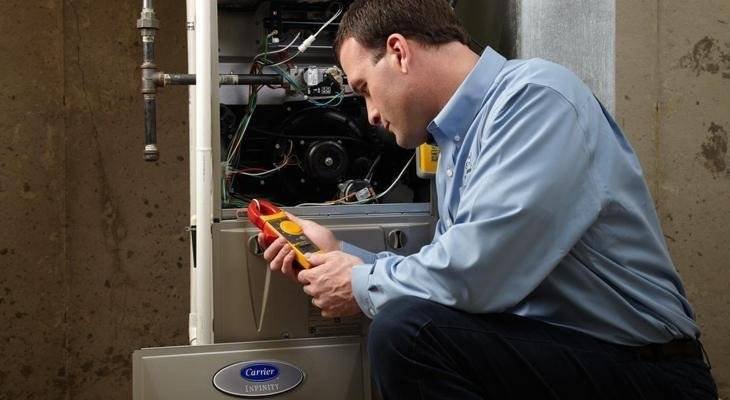
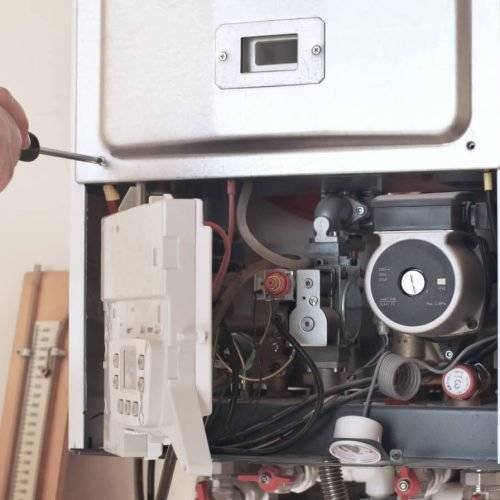
Who Are We?
Domestic Furnace Installations and Repairs
Furnace Pros Plus stands out as the leading furnace installation and repair work business in Bon Accord, Alberta, thanks to its unequaled dedication to quality, customer support, and know-how. With years of experience in the heating and cooling market, Furnace Pros Plus has built a credibility for providing reputable and efficient services customized to the unique environment and requirements of Bon Accord citizens.
The business’s dedication to quality begins with its team of licensed specialists. Each furnace specialist is not just highly experienced and educated about the current furnace innovations but likewise devoted to ongoing training and development. This ensures that every installation or repair work is performed with the utmost accuracy and updated methods, ensuring exceptional performance and longevity of your furnace.
Furnace Pros Plus comprehends the importance of a well-functioning furnace, specifically during the extreme Bon Accord winter seasons. That’s why they use a fast response to ensure that any furnace emergency is dealt with quickly and effectively, reducing inconvenience and potential hazards. Their 24/7 availability is a testimony to their dedication to customer fulfillment and security.
Additionally, Furnace Pros Plus uses just the highest quality items and products in all their setups and repairs. By partnering with leading producers, they ensure that every element of your furnace unit is durable and efficient, offering ideal heating and minimizing energy costs. This dedication to quality, extends the life of the furnace, offering more value for the investment.
In addition to their technical know-how, Furnace Pros Plus excels in customer support. They focus on clear communication, offering detailed consultations and transparent prices without covert fees. Their customized technique implies that every service is customized to the specific requirements and budget of their customers, ensuring that you feel valued and pleased with every interaction.
For these factors and more, Furnace Pros Plus is the top option for homeowners requiring furnace installation and repair work services in Bon Accord, demonstrating an unequalled blend of quality, know-how, and customer-focused service.
How can we help you?
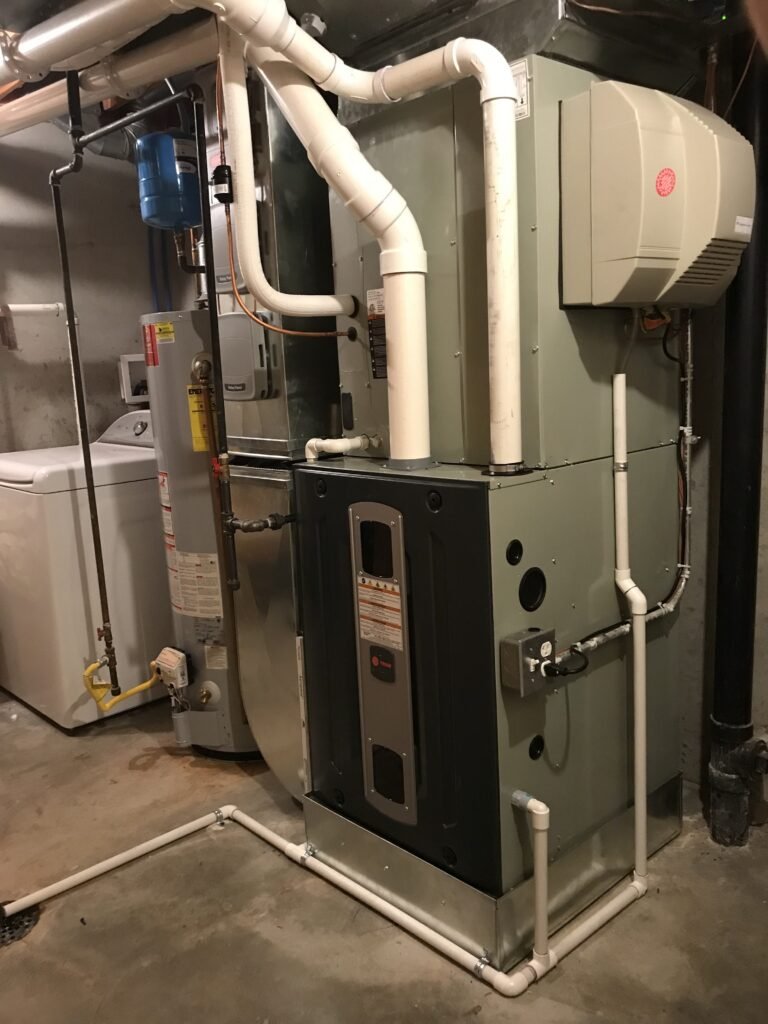
Understanding the Cost of Installing a New Furnace
Introduction
A functioning furnace is essential when it concerns keeping a comfortable and warm home during the chillier months. Nevertheless, there comes a time when setting up a brand-new furnace is unavoidable.
Understanding the costs associated with this process is essential for property owners to strategy and budget appropriately. This extensive guide explores the numerous aspects influencing the expense of setting up a brand-new furnace.
Aspects Influencing Furnace Setup Costs
Kind of Furnace:
- Gas Heating Systems: Popular for their effectiveness, they generally cost more in advance but use lower operating costs.
- Electric Furnaces: They are less expensive than gas heating systems. Nevertheless, electric designs tend to have higher functional costs due to electricity prices.
- Oil Heaters: These are less common and can be more pricey due to the expense of oil.
Furnace Size and Capacity
- Square Footage: The size of your home directly impacts the capacity required for the furnace.
- BTU Ranking: Greater BTU ratings relate to more effective heating systems, which can increase the expense.
Performance Scores
Annual Fuel Usage Performance (AFUE):
Greater AFUE ratings indicate much better effectiveness but likewise included a higher price tag.
Brand and Quality
Top-tier brand names frequently command higher prices due to their credibility for quality and longevity.
Installation Intricacy
- Existing System: Updating from an old system might need extra work and expense.
- Ductwork: The condition and layout of existing ductwork can impact installation intricacy.
- Availability: Hard access to the installation website can increase labour costs.
Labour Costs
Labour costs differ by region. In addition, the intricacy of the installation can affect labour costs.
Additional Costs to Consider
- Permits: Some regions need authorizations for furnace installation.
- Inspections: City bylaws might need post-installation evaluations for security compliance.
- Thermostats: Updating to a clever thermostat can sustain extra costs.
Typical Cost of Furnace Installation
While prices can differ extensively based upon the aspects pointed out above, here are some typical expense varieties for furnace installation:
- Gas Heaters: $2,000 to $5,000.
- Electric Furnaces: $1,000 to $2,500.
- Oil Heaters: $2,500 to $6,000.
These are rough price quotes and can differ based upon specific home requirements.
Cost-Saving Tips.
Research study and Compare.
Acquire several quotes from different contractors to ensure competitive prices.
Seek Rebates and Rewards.
Try to find energy effectiveness rebates offered by energy business or federal government programs.
Consider Long-Term Savings.
Investing in a more efficient furnace can lower energy expenses gradually.
Conclusion
Installing a brand-new furnace is a substantial investment, and comprehending the costs involved is essential for any house owner. By thinking about the kind of furnace, installation intricacy, labour costs, and extra expenses, property owners can much better get ready for this necessary upgrade. Keep in mind to seek several quotes, check out offered rebates, and think about long-lasting energy cost savings when choosing.
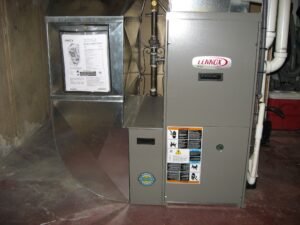
The Right Dimension Furnace for Your Home: A Comprehensive Overview
Introduction
Picking the right size furnace for your home is essential for ensuring efficient heating and convenience during the chillier months. A heating system that’s too little won’t keep your house warm, while one that’s too big can trigger unnecessary energy intake and unequal heating. This guide will help you figure out the perfect furnace size for your home.
Understanding Furnace Sizing: BTU and Performance
We determine the size of a heater in British Thermal Units (BTU). One BTU is the energy required to raise the temperature of one pound of water by one degree Fahrenheit. When choosing a heater, two key aspects contribute: the BTU score, suggesting the furnace’s heating capacity, and its effectiveness score, measured in Annual Fuel Usage Performance (AFUE).
Determining Your Home’s Heating Requirements
You need to determine your home’s heating needs to figure out the appropriate furnace size. The computation thinks about aspects like square video footage, environment zone, insulation quality, window type, and house layout. Normally, you need approximately 30-60 BTUs per square foot. Nevertheless, this varies based upon your home’s specific characteristics.
Environment Zone and Its Effect On Furnace Size
Your geographical place substantially affects the furnace size required. Houses in chillier areas, such as [place], need more BTUs per square foot than those in milder environments. Consult a heating specialist for specific recommendations.
The Function of Home Insulation in Furnace Sizing
Good insulation lowers the quantity of heat loss, meaning you can opt for a smaller furnace. Evaluate your home’s insulation in the walls, attic, and windows. Updating insulation can be an economical method to reduce heating requirements.
Considerations for Different Kinds Of Heating Systems
There are numerous types of heating systems, like gas, electric, and oil. Each type has unique sizing factors to consider. Gas heating systems are common and efficient, electric heating systems are more uncomplicated and much safer but frequently more pricey to operate, and contractors set up oil heating systems where gas isn’t offered.
Value of Professional Heating And Cooling Evaluation
A professional HVAC assessment is important. Technicians think about all variables, consisting of ductwork and home layout, to recommend the ideal furnace size. They can perform a Manual J computation, the market standard for identifying heating and cooling loads.
Energy Performance and Cost-Effectiveness
Picking a heater with a high AFUE score is essential for energy effectiveness and expense savings. Modern heating systems have AFUE ratings between 80% and 98%, suggesting the percentage of fuel converted into heating. While high-efficiency heating systems are more pricey in advance, they can cause substantial cost savings in the long run.
Attending To Typical Misconceptions About Furnace Sizing
A common mistaken belief is that a bigger furnace is always much better. Nevertheless, an oversized furnace can cause brief biking, where the furnace regularly turns on and off, minimizing effectiveness and life expectancy. On the other hand, an undersized furnace struggles to warm your home sufficiently.
Long-Term Benefits of the Right-Sized Furnace
Choosing the right-sized furnace has long-lasting advantages, consisting of consistent convenience, lower energy expenses, reduced carbon footprint, and fewer upkeep issues. It’s a balance between in advance costs and long-lasting cost savings.
Conclusion: Making an Informed Decision
Picking the right size furnace is a decision that impacts your home’s convenience and energy effectiveness for several years to come. By comprehending the fundamentals of furnace sizing and seeking expert guidance, you can make an informed choice that ensures ideal heating for your home.
Keep in mind, the key to an efficient and comfortable home lies in choosing the right furnace and regular upkeep and thinking about other aspects like insulation and environment. With this extensive guide, you are fully equipped to select the ideal furnace for your home, offering heat and convenience for numerous winter seasons.

Replace vs Repair Furnace: A Global Overview
Introduction
Choosing whether to replace or fix your furnace is a substantial choice for any house owner. The option impacts your immediate convenience and security and has long-lasting financial implications. This extensive guide will check out numerous elements to think about, assisting you make a notified choice.
Understanding Your Furnace
Life-span and Types
Heaters generally have a life-span of 15-20 years. The two main types are gas and electric, each with different upkeep and functional costs.
Indications of Trouble
Typical indications that your furnace might need attention include unusual sounds, irregular heating, and increased energy expenses.
When to Consider Fixing Your Furnace
Repair work is frequently the very best option for small issues or heating systems that are reasonably brand-new and still under guarantee.
Cost-Effectiveness
Fixing can be more cost-efficient for small issues. Nevertheless, frequent repairs might show a much deeper problem.
Environmental Impact
Repairs frequently have a lower ecological effect than replacing the whole unit.
When Replacement is the Best Option
You ought to think about replacement if your furnace is near completion of its life expectancy, repairs are becoming progressively pricey, or if it could be more energy efficient.
Long-term Cost Savings
While the preliminary expense is higher, a brand-new furnace can be more energy-efficient, conserving you money on energy expenses.
Technological Developments
Newer designs include innovative innovation, such as wise thermostats, which use much better temperature control and effectiveness.
Weighing Your Choices
Cost Analysis
Compare the expense of repairs gradually versus the one-time cost of a brand-new furnace.
Energy Performance
Evaluate how your existing furnace’s effectiveness is affecting your energy expenses.
Home Value
Think about how a brand-new furnace might increase the value of your home, specifically if you prepare to sell in the future.
Professional Advice
Seeking Expert Opinion
Seek advice from HVAC specialists to evaluate the state of your existing furnace and get price quotes for repair work and replacement.
Value of Regular Upkeep
Regular upkeep can extend the life of your furnace, whether you choose to fix or replace it.
Conclusion
In conclusion, choosing to fix or replace your furnace depends on numerous aspects, consisting of age, condition, expense, and energy effectiveness. By thinking about these aspects and seeking expert suggestions, you can decide that ensures convenience, security, and financial vigilance for your home.
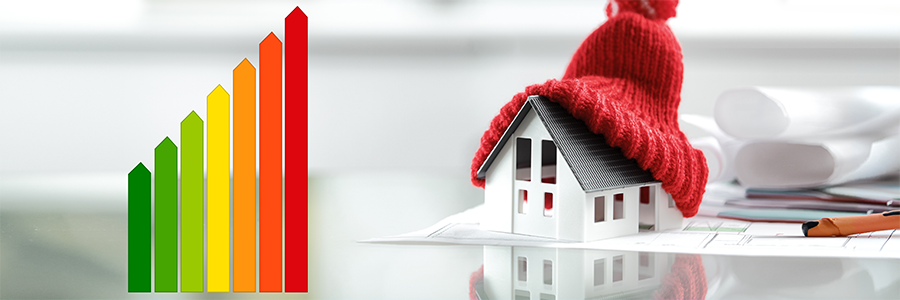
What Time of Year is the Cheapest to Change Your Furnace?
Will a New Energy-Efficient Furnace Reduce Your Residence Insurance?
Introduction
Home upkeep can be a substantial investment, specifically when it includes essential systems like heating. Among the most significant costs property owners face is replacing their furnace. Nevertheless, timing this replacement can cause substantial cost savings. This article explores the very best time of year to replace your furnace, thinking about cost-effectiveness and practicality.
Understanding Furnace Replacements
The Need for Replacement
Before diving into timing, it’s vital to understand why and when you ought to replace your furnace. Typical indicators include frequent repairs, heating inefficiency, and the unit’s age (normally beyond 15-20 years). Replacing an outdated or malfunctioning furnace improves heating effectiveness and ensures security and convenience during chillier months.
Aspects Influencing Furnace Rates
A number of aspects impact furnace prices, consisting of the kind of furnace, brand name, capacity, and the intricacy of installation. Seasonal demand is another substantial aspect, frequently ignored, yet it plays an essential role in identifying the expense.
Best Time for Replacement: Off-Season
Why Choose Off-Season?
The off-season, mostly spring and early fall, is typically the least expensive to replace a heater. The demand for heating unit is lower during these durations than during the peak winter season. Lower demand frequently leads to more competitive prices from producers and installers.
Advantages of Off-Season Replacement
- Lower Costs: Decreased demand can cause discounts and more consumer working out power.
- Accessibility of Technicians: HVAC professionals are less hectic during these times, ensuring more flexible scheduling and quicker installation.
- Sufficient Time for Research study: The off-season gives property owners sufficient time to research different furnace designs and choices without the pressure of immediate need.
Preparation Ahead
Making use of the off-season needs planning. Prepare for the need for replacement and schedule it when the demand is low. This insight saves money and avoids the hassle of a heater breaking down in the middle of winter season.
Winter season: The Peak Season
Difficulties of Winter Replacement
- Greater Rates: The demand for furnace installation and repair work peaks during winter season, leading to higher prices.
- Hectic Schedules: Finding a service technician might be more challenging, and you might need to wait longer for a consultation.
- Emergency Replacements: If your furnace breaks down in winter season, you might need to opt for an immediate replacement, which leaves little space for expense comparison or settlement.
Other Factors to consider
Energy Performance and Rebates
Investing in energy-efficient designs might be more pricey in advance but can cause long-lasting cost savings. Likewise, keep an eye out for rebates and tax credits offered for energy-efficient home enhancements.
Value of Regular Upkeep
Regular upkeep can extend the life of your furnace, postponing the need for replacement. It’s an essential element of home care that you ought to take notice of.
Conclusion
Timing your furnace replacement can cause substantial cost savings. The off-season, particularly spring and early fall, is generally the most cost-efficient period for this investment. Preparation, thinking about energy effectiveness, and keeping your existing furnace can enhance expenses and ensure a warm, comfortable home.
Introduction
Homeowners frequently contemplate whether upgrading their home appliances and systems can cause cost savings on their home insurance premiums. One common concern is whether setting up a brand-new furnace decreases home insurance costs. This article looks into how a brand-new furnace installation might affect your home insurance, using insights into insurance coverage, risk management, and potential cost savings.
Understanding Residence Insurance Premiums
Before diving into the specifics of heating systems and insurance, it’s essential to understand what aspects affect home insurance premiums. Insurer evaluate numerous aspects, consisting of:
- Residential Or Commercial Property Age and Condition: Insurance coverage Agents see newer homes with upgraded systems as lower dangers.
- Place: Geographic place and regional environment can substantially impact insurance rates.
- Safety Functions: The existence of alarms, smoke alarm, and other security gadgets can lower premiums.
The Impact of a New Furnace on Residence Insurance
Installing a brand-new furnace in your house can have several implications for your home insurance:
- Decreased Risk of Fire and Gas Leakages: Modern heating systems with innovative security features minimize dangers like fire or gas leaks. This risk reduction can be beneficial in the eyes of insurance service providers.
- Improved Energy Performance: Newer heating systems are frequently more energy-efficient, leading to lower energy costs and a reduced ecological footprint, indirectly affecting insurance factors to consider.
- Improved Home Value: Updating to a brand-new furnace can increase your home’s market price, which might impact the coverage you need.
Possible Insurance Discounts
Some insurance provider use discounts for home enhancements that reduce risk. These might include:
- Protective Device Discounts: You might qualify for a discount rate if your brand-new furnace contains innovative security features.
- Green Residence Discounts: Some insurance companies offer unique discounts for setting up energy-efficient home appliances.
Documents and Appraisal
To leverage a brand-new furnace installation for insurance advantages, think about the following:
- Professional Setup: Ensure a certified expert installs your furnace, which can be a prerequisite for insurance advantages.
- Keep Records: Keep all receipts and documents for the furnace purchase and installation.
- Notify Your Insurance Provider: Inform your insurer about the upgrade. They might need an inspection or extra documents.
Factors to consider Before Updating
While a brand-new furnace can use advantages, think about the following:
- Cost vs. Advantage Analysis: Assess if the long-lasting cost savings on insurance and energy expenses validate the preliminary expense of a brand-new furnace.
- Insurance Policy Evaluation: Speak with your insurance representative to understand how a brand-new furnace might particularly affect your policy.
Conclusion
Updating to a brand-new furnace can lower your home insurance premiums by minimizing risk and enhancing your home’s security and effectiveness. Nevertheless, the effect varies based upon private insurance coverage and the specific features of the furnace. It’s a good idea to talk to your insurance provider to understand the complete advantages and implications of a brand-new furnace installation.
FAQs
Q: Just how much can I save on my home insurance by setting up a brand-new furnace?
A: Cost savings differ based upon the insurance provider and the specific features of the brand-new furnace. Seek advice from your insurance representative for detailed info.
Q: Exist any specific types of heating systems that are more beneficial for insurance discounts?
A: Heaters with innovative security features, high energy effectiveness ratings, and those that meet specific ecological requirements are frequently more beneficial.
How to Prepare for a Furnace Installation
Installing a brand-new furnace in your house is a substantial investment and an essential upgrade to your living space. It enhances the convenience of your home and improves energy effectiveness. Appropriate installation preparation is essential to ensure the installation process is smooth and stress-free. This article will guide you through the necessary steps to get ready for a heater installation.
Understanding Your Heating Requirements
Examining Your Space: The initial step is to evaluate the size of your area and understand the heating requirements. A too-large or too-small furnace for your home can cause inefficiency and higher energy costs. Consulting with a heating expert to figure out the right furnace size is vital.
Picking the Right Furnace: There are numerous heating systems, consisting of gas, electric, and oil. Each has benefits and drawbacks; the option depends on your place, budget, and personal preference. Research study and talk to professionals to make a notified choice.
Pre-Installation Preparation
Choosing a Certified Installer: We can not overemphasize the importance of picking a certified and experienced installer. Try to find specialists with great evaluations and correct accreditation. They will ensure an appropriate installation and guide you through the process.
Cleaning the Area: Ensure the area where you prepare to set up the furnace is clear of any mess. A clean area offers simple access to the installation team and speeds up the process. Get rid of any valuable or delicate products from the vicinity to prevent unexpected damage.
Preparing for Downtime: Depending on the intricacy of the installation, your heater might be down for a few hours to a day. Strategy appropriately, specifically if the installation is during chillier months.
During Setup
Access to Your Home: Ensure the installers have simple access to your home, that includes ensuring that parking is offered and a clear path to the furnace place.
Communication: Stay offered to answer any questions the installers might have. Clear communication can help resolve any issues quickly and guarantee your installation goes as planned.
After Installation Checks
Inspect the Setup: Once the installation is complete, check the deal with the installer. Ensure that the installation is complete which the area is clean.
Understanding the System: Have the installer discuss the functioning of the brand-new furnace, consisting of how to change filters and the basic troubleshooting steps.
Guarantee and Documents: Ensure you get all necessary documents, consisting of guarantee info and operating manuals. Keep these documents in a safe place for future recommendation.
Conclusion
Preparing for a heater installation includes comprehending your heating needs, choosing the right furnace, and picking a certified installer. By following these steps, you can ensure a hassle-free installation process and delight in the convenience and effectiveness of your brand-new heater for several years to come. Keep in mind, a little preparation goes a long way in ensuring a smooth and effective furnace installation.
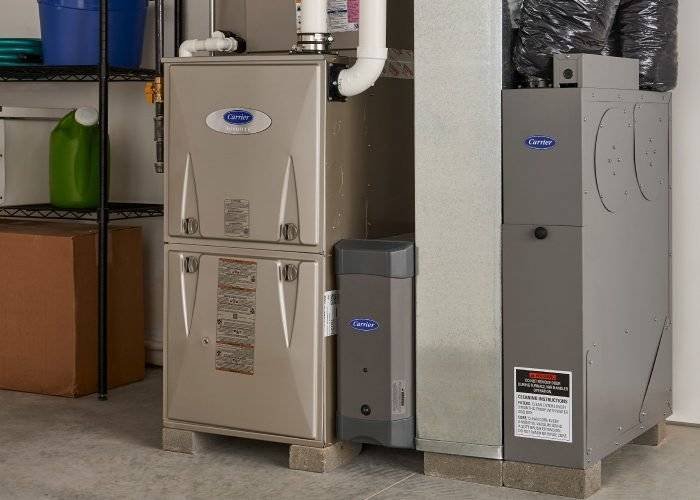
Our Work
